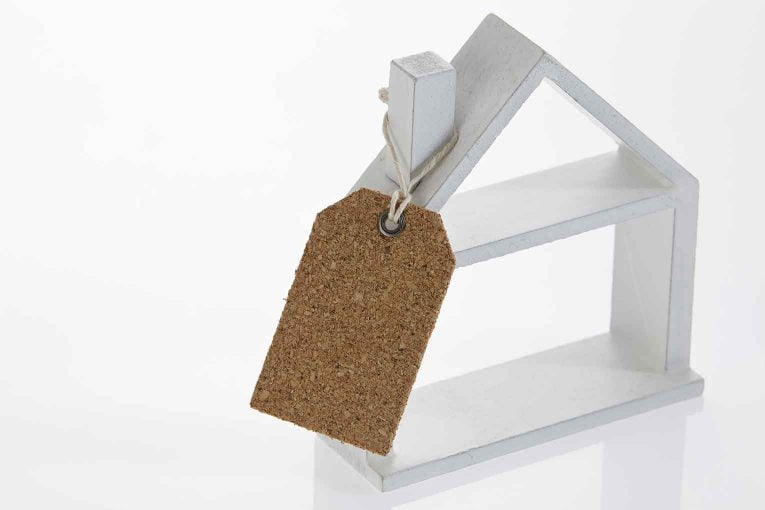Halifax has reported that house prices in the last three months to January were 2.2% higher than in the same three months a year earlier, although the annual change in January was lower than in December (2.7%).
House prices remained unchanged in the recent quarter (November-January) from the previous quarter (August-October); on this measure prices are down from the 1.3% quarterly rise recorded in December.
On a monthly basis, prices fell for the second consecutive month in January (by 0.6% following a 0.8% decrease in December).
The average price of £223,285 at the beginning of the year is 1.9% higher than in January 2017 (£219,217), however, the current price has edged down after recording £226,408 – highest on record – in November.
>Russell Galley, managing director, Halifax Community Bank, said: “Annual house price rises have slowed from 2.7% in December to 2.2% in January – the lowest rate since July last year. We’ve seen a monthly decline as well as the quarterly rate of growth flattening out.
“Although employment levels grew by 102,000 in the three months to November, household finances are still under pressure as consumer prices continue to grow faster than wages. Additionally, it’s still too early to see any impact for first-time buyers from the abolition of stamp duty on purchases of up to £300,000, which was announced in the November Budget.
“Despite the recent rise in the Bank of England Base Rate, mortgage rates are still very low. This, combined with an ongoing acute shortage of properties for sale, will continue to underpin house prices over the coming months.”
Jeff Knight, director of marketing at Foundation Home Loans, added: “Wage growth remains stagnant and, while consumer confidence levels started the year relatively buoyant, the stamp duty cut for first-time buyers won’t yet have had a significant impact on prices – though we’ll be keeping a close eye on regional patterns that do start to emerge.”
“Continued attractive mortgage rates boosting demand will always inflate prices to an extent, and the ongoing issue of poor housing supply still means lack of choice for potential buyers. Affordable homes does not always mean home ownership, so in the meantime it’s also important to ensure the rental market is being equally supported. Once again, concentrated efforts are needed to improve the quality and choice of rental homes for tenants and landlords respectively.”



